


A research team has developed and safely delivered a personalized gene editing therapy to treat an infant with a life-threatening, incurable genetic disease. The infant, who...
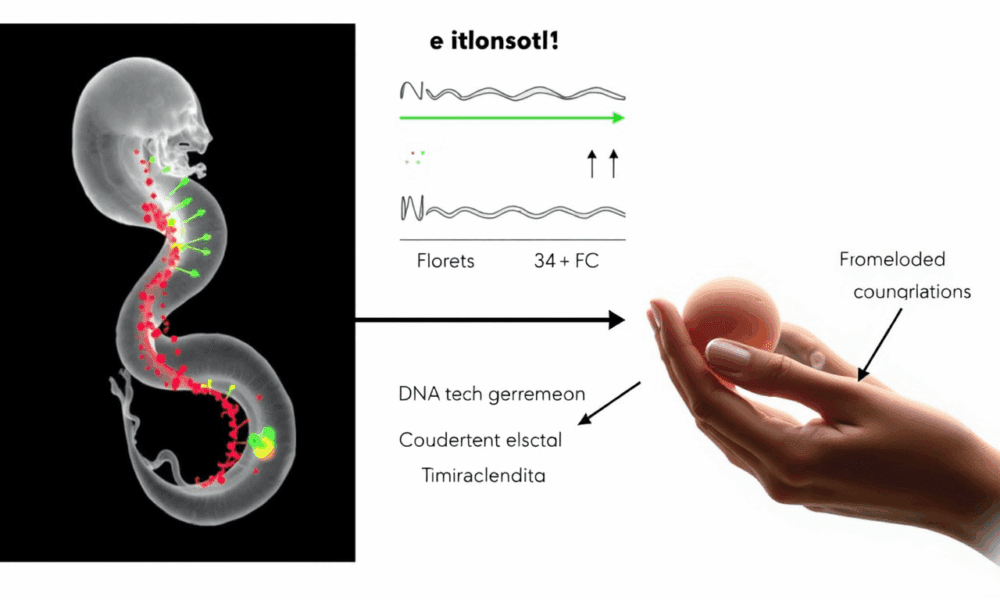
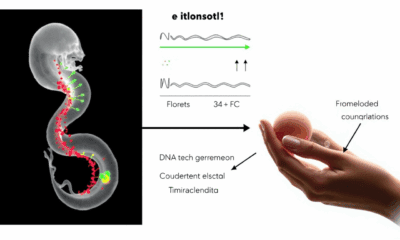

Researchers have revealed insight into why embryos erase a key epigenetic mark during early development, suggesting this may have evolved to help form a placenta.
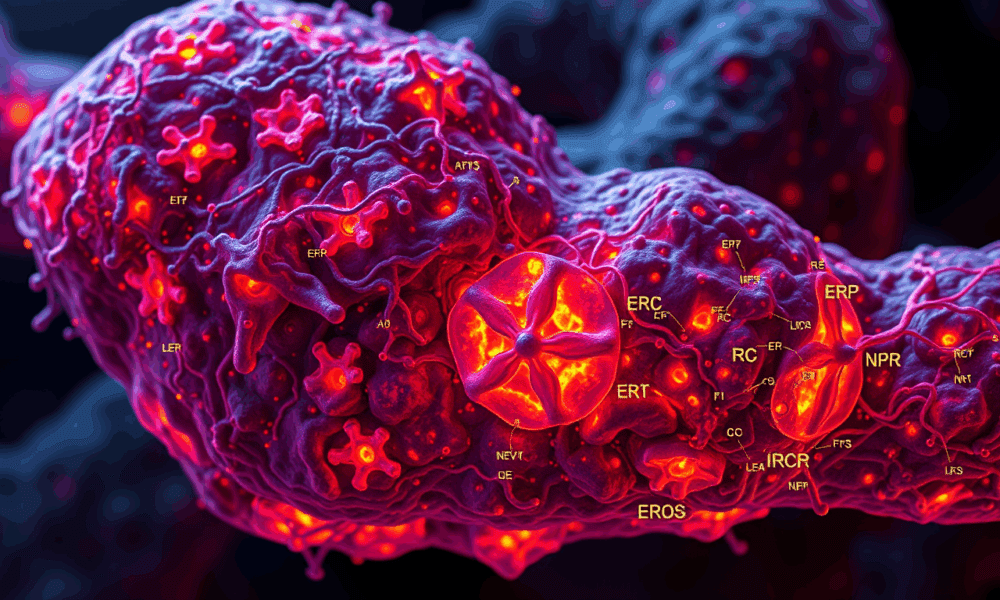
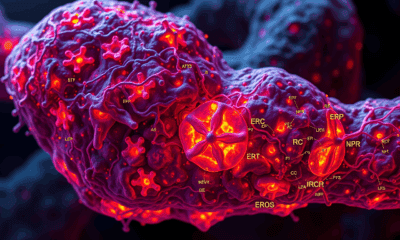

Researchers confirm and explore the role of estrogen-related receptors in regulating energy production in muscle cells during exercise. The findings indicate that developing a drug to...



Mutations in FANCX appear to cause a lethal form of Fanconi anemia, a finding that sheds light on unexplained pregnancy loss and offers new avenues for...
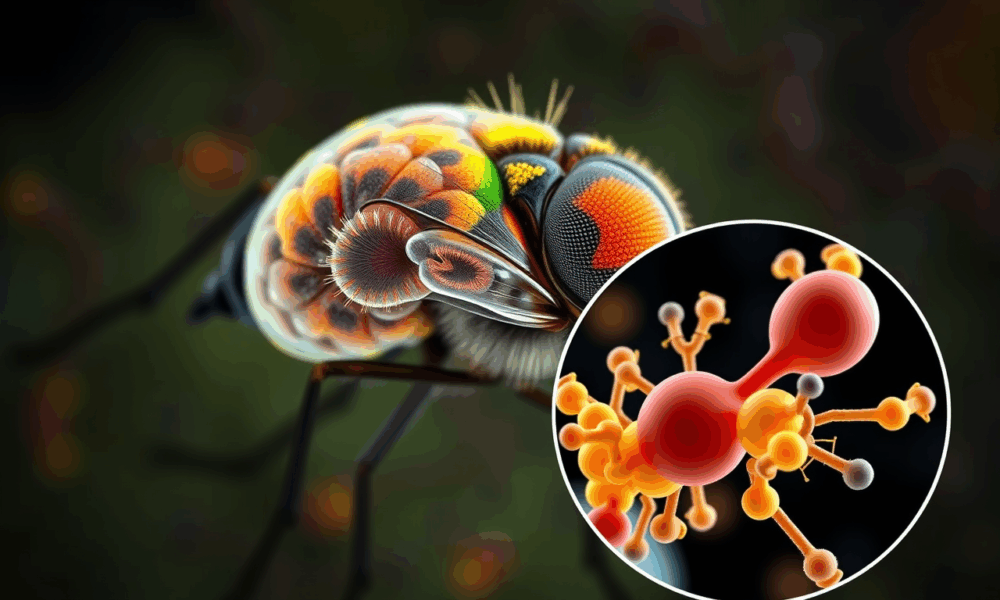
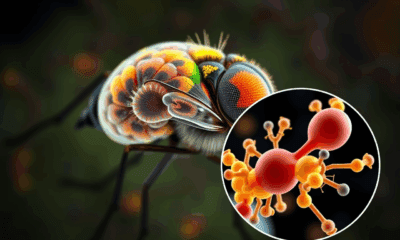

A scientist decided to find out why a bacterial infection makes fruit flies promiscuous. What he discovered could help curb mosquito-borne diseases and manage crop pests.
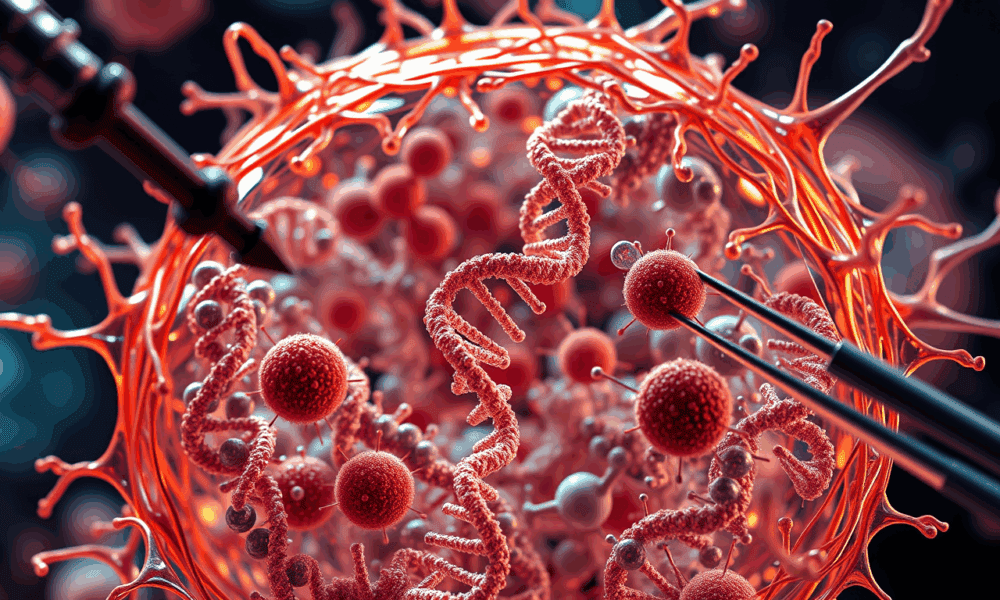
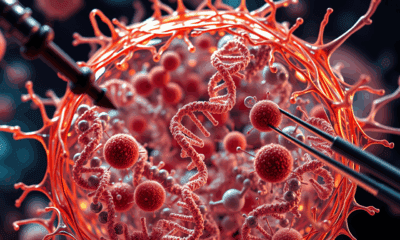

By creating a more true-to-life representation of DNA's environment, researchers have discovered that strand separation may take more mechanical force than the field previously believed.
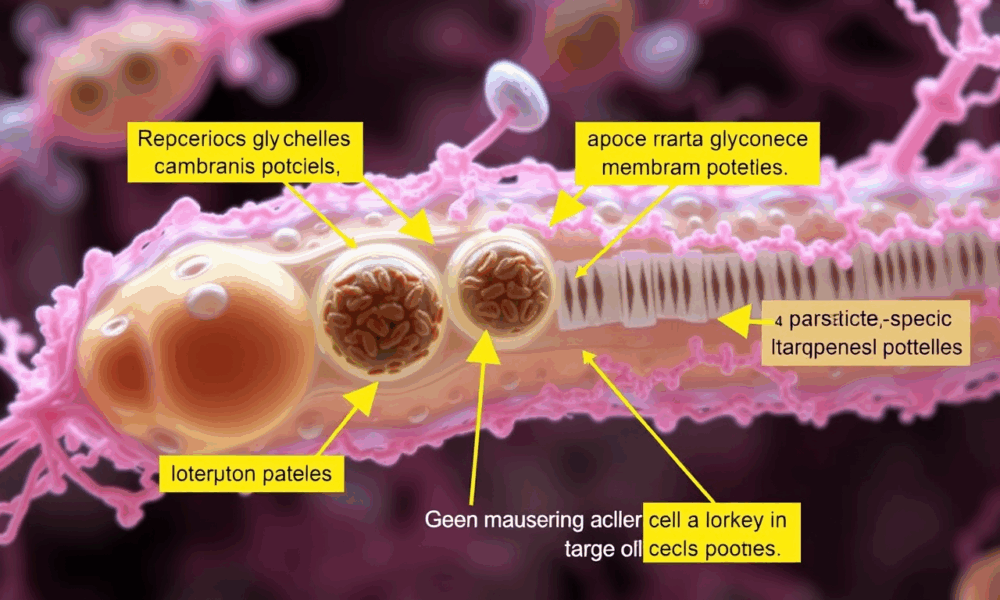
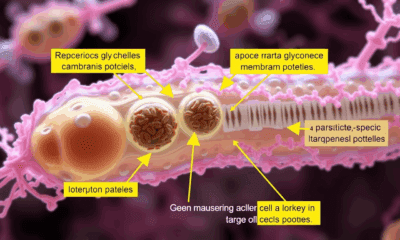

The efforts of a research team give hope for new treatment approaches for dangerous tropical diseases. The researchers have compiled a high-precision inventory of the membrane...
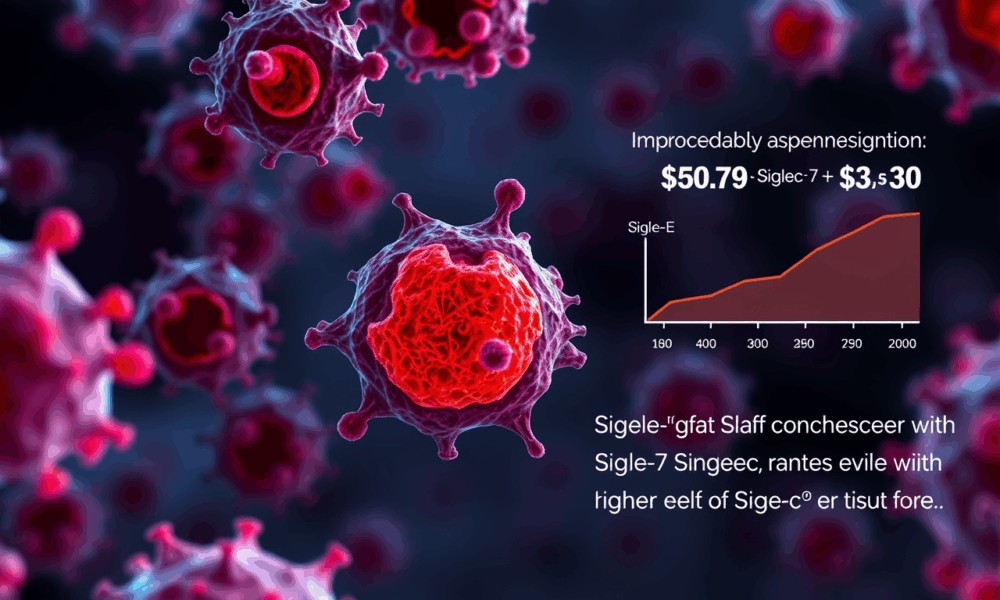
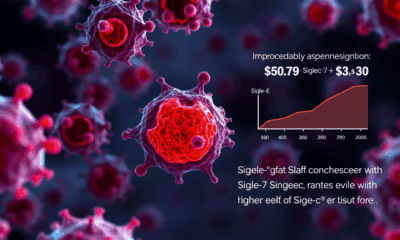

Researchers identified a natural 'brake' within the innate immune system: the inhibitory receptor Siglec-E (SigE) and its human counterparts, Siglec-7 and Siglec-9. This receptor helps prevent...
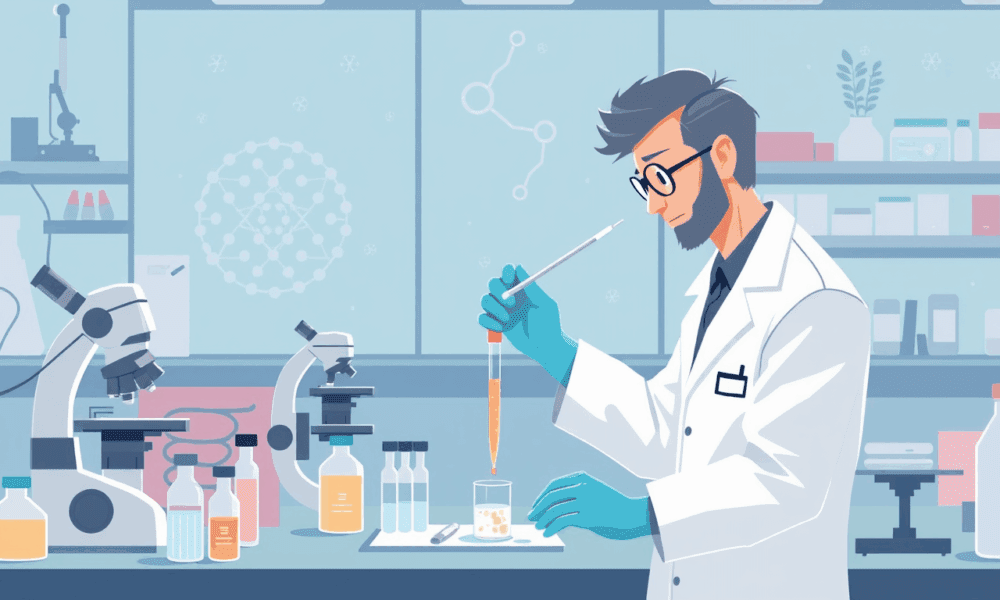
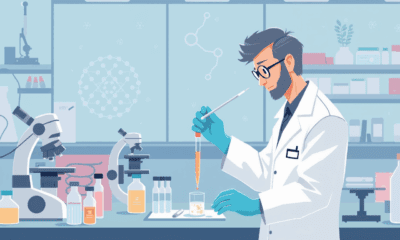

Many mitochondrial diseases have been difficult to study and treat due to the inherent challenges in accessing mitochondrial DNA (mtDNA). Now, researchers have optimized mitochondrial-targeted compounds...
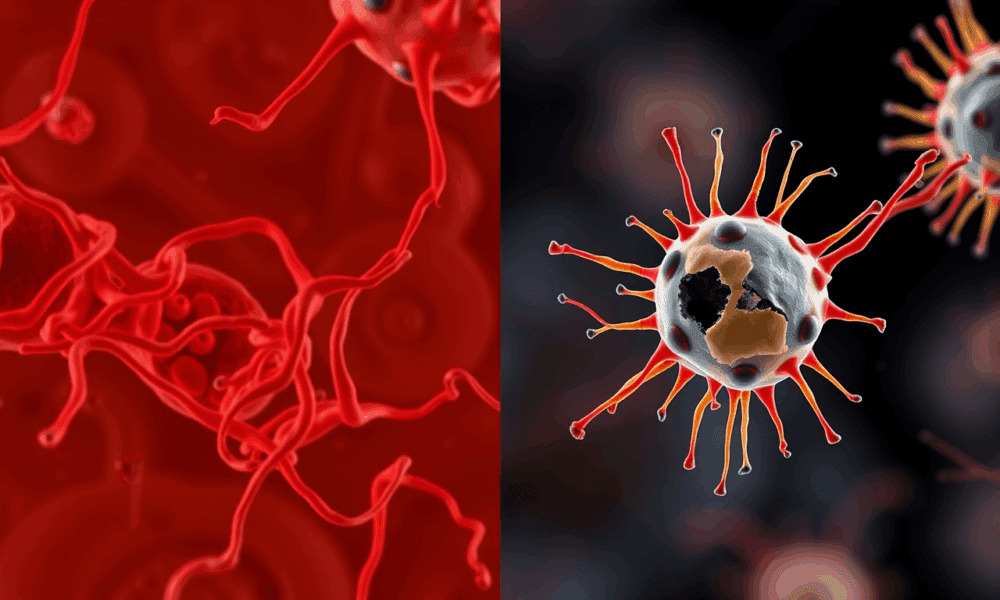
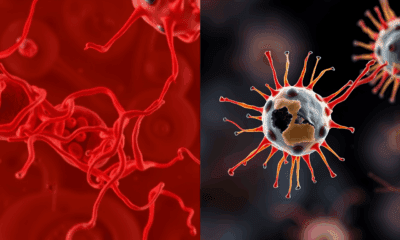

Researchers have revealed critical insights into how impaired mitochondrial dynamics and quality control mechanisms in skeletal muscle influence insulin sensitivity in patients with Type 2 Diabetes,...